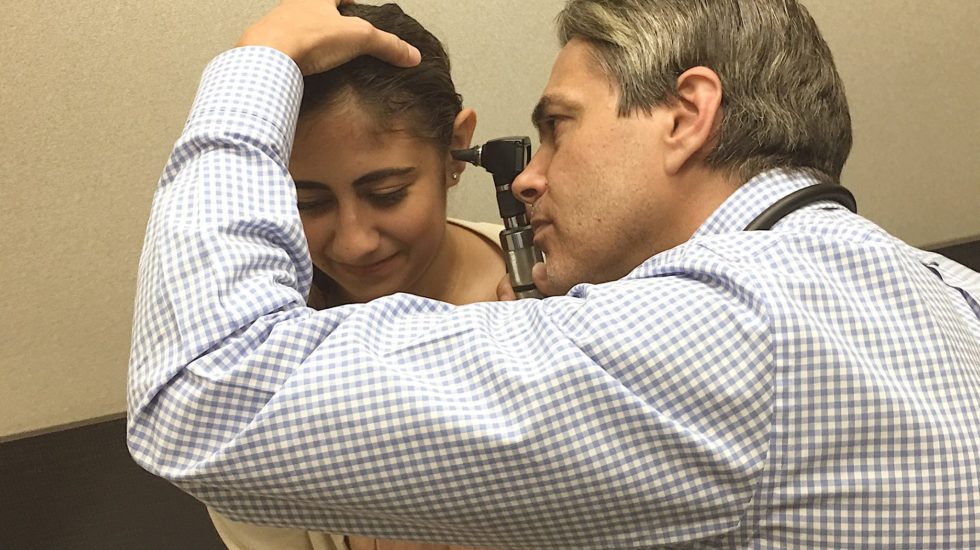Talk about a blue Christmas, the flu is ruining the holiday season for some people. More flu cases are popping up all over the country, but the CDC’s latest report shows two states, in particular, Colorado and Georgia, are showing high influenza activity.
Alicia Budd, an epidemiologist with the CDC’s Influenza Division tells us:
Flu activity has been low so far this year, but we expect activity will pick up soon and peak between December and February. So far this season there have been 7 flu-related pediatric deaths have been reported this flu season. Each season most pediatric deaths are in children who aren’t fully vaccinated.
Influenza A (H1N1) has been the predominant flu virus circulating this season. Last season the flu vaccine reduced H1N1 risk by 65%.
There are some areas seeing higher than normal outbreaks. Southeast Florida is one area of concern where the CDC reports “activity increased notably during week 50 and was above levels observed at this time in past seasons.”
Dr. Gary Kramer, a pediatrician in Miami, Florida says he has seen this first hand with a big uptick in cases over the last few weeks. He thinks the high activity in South Florida may, in some part, have to do with “winter migration” (aka snowbirds). Dr. Kramer tells News & Guts:
The flu has reached critical levels. I think it is important that we let people know that simply because they had a flu shot that they are not immune from ALL strains of the flu.
Budd adds:
As flu season has officially started it’s important to know that it’s not too late a flu vaccine to protect yourself and your loved ones. Flu vaccination can reduce your risk of flu illness, doctors’ visits, and missed work and school due to flu. Even if you are vaccinated and still get sick, the flu vaccine can reduce the severity of your illness. Flu vaccination also can help protect women during and after pregnancy and protect the baby born to a vaccinated mom for several months after birth. Flu vaccine also has been shown to save children’s lives, prevent serious events associated with chronic lung disease, diabetes, and heart disease, and prevent flu-related hospitalization among working age adults and older adults. Getting vaccinated isn’t just about keeping you healthy; it’s also about helping to protect others around you who may be vulnerable to becoming very sick, such as babies, older adults, and pregnant women.
Dr. Kramer adds that when you get the flu vaccine you aren’t just protecting yourself saying, “We must all also think about the public health impact of flu prevention that the vaccine has in reducing the spread to others. Though the choice is personal, the impact can be global.”



